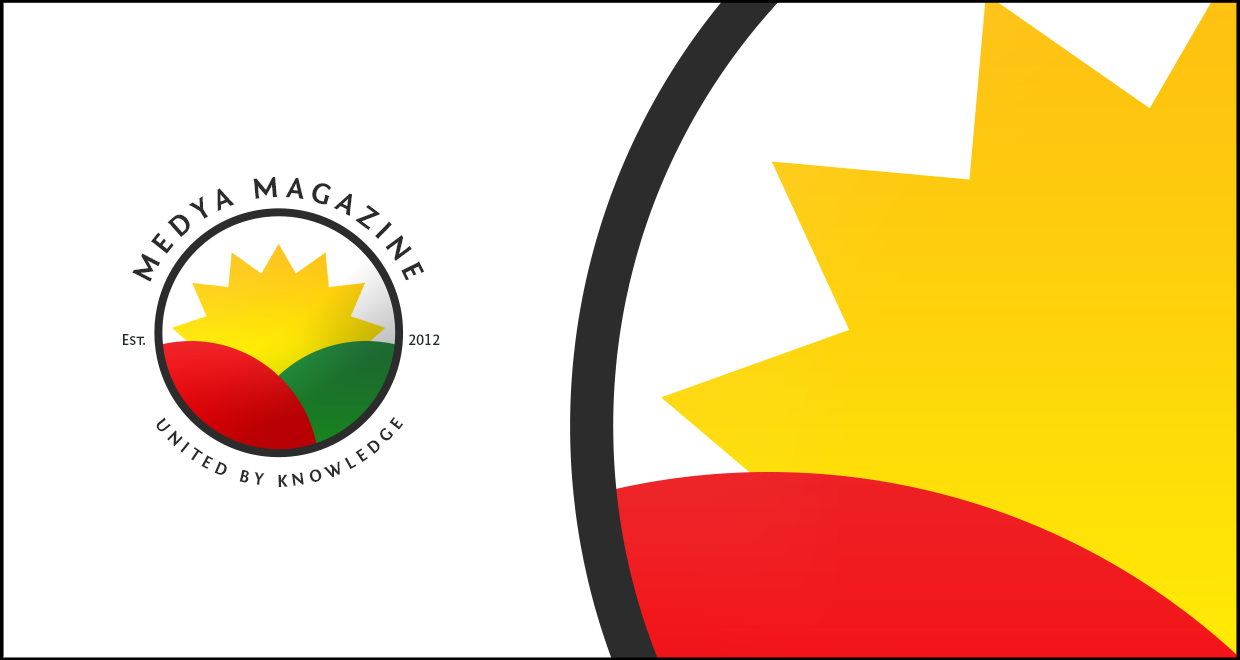This article was originally written for and published by Awat Newspaper.
According to Oxford dictionaries the definition of Hygiene is “conditions or practices conducive to maintaining health and preventing disease, especially through cleanliness. “ The word itself came from the late 16th century: through French from the modern word hugieinē (tekhnē) ‘(art) of health’, and from hugiēs meaning ‘healthy’. The word itself is directly linked to health and well being. Clean water, sanitation and hygiene are the cheapest, fastest and most effective forms of prevention for almost all diseases around the world, especially in developing countries. Data released by WHO in 2012 demonstrated that 88% of diarrhoeal deaths in the world are caused by unsafe water, poor sanitation or hygiene.
The importance of hygiene within any society, organisational institution (like hospitals) and within individuals cannot be stressed enough. In a country like Kurdistan were war has devastated the region for years the importance of clean water, improved sanitation and hygiene is only that much more important to re-build the nation on solid foundations of health. The improvement of hygiene must start on an educational basis. Personal hygiene should be greatly emphasised in educational and health care institutions, as this will lead to better medical, health and community hygiene.
Only very recently there was an outbreak of Cholera in South Kurdistan which killed two people and infected 27 cases which were identified. The bid to stop the disease spreading and get the situation under control is currently ongoing and those numbers may change by the time this article is published. The health minister confirmed this was the second outbreak in five years in the region. An outbreak in the region in 2007 led to 2,000 infections and 24 deaths.
Cholera is an infection of the small intestine that causes a large amount of watery diarrhoe and/or vomiting, if left untreated the disease can be fatal as patients can suffer from severe dehydration and deprivation of nutrients. A cholera outbreak usually manifests from poor sanitation and hygiene conditions. More specifically it is a bacterium which is transmitted by either contaminated food or water. The repeated incidence of this disease in Kurdistan in such a short period of five years suggests there is a dire need of improvement of sanitation and hygiene nationwide.
Poverty is one of the first causes of the degradation of a population’s sanitary conditions. Considering the Kurdistan Regional Government currently has one of the fastest growing economies in the world it is very disheartening to see that a lack of sanitation, clean water and hygiene is still a major problem.
A non-governmental organisation (NGO) in special consultative status with the economic and social council of the United Nations, by the name of Kurdistan Reconstruction and Development has started a project to improve this situation. Improvement of Water, Sanitation and Hygiene (WASH) in Schools will be the first ever of its kind to be implemented in Kurdistan. The duration of the project is said to be 6 months with a cost of over $90,000USD and will be carried out in the Shekhan District of Duhok. Projects like these are vital to emphasise the importance of education of hygiene starting from schools.
The Agency for Technical Cooperation and Development (ACTED) another NGO from France has also adapted an educational hygiene and sanitation project in Kurdistan. ACTED has supported the development of school buildings, emphasizing the awareness of the children to hygiene and healthy habits. As of February 2012 four thousand children from five different schools had benefited from the hygiene promotion workshops and rehabilitation of latrine and drinking water infrastructure adapted to children’s height and practices, namely in Kawr Gosik and Khabat.
These workshops have been replicated in 30 additional schools in Hewler, with the co-operation of the KRG. In total the project is said to benefit close to 21,500 children who will learn about basic body hygiene and water stocking principles. These activities will be incorporated into the school curriculum, which will help all children to gain awareness to such topics, and have a strong impact on their health and that of their families every day.
Although external NGO’s are greatly contributing to educating the society in Kurdistan about the importance of hygiene, KRG and its governmental organisations must implement a greater emphasis of hygiene throughout the region. Most importantly starting with very sensitive public places such as Hospitals were the lives of the community depend on the hygienic state of that institution. It is a common saying in Kurdistan that “You can go into a hospital completely healthy and end up a patient”. This notion must be eradicated and can only be done through education to cause a change in mentality of both professionals and the general public. Kurdistan should not just be sold as an amazing tourist location, but also as one of the best Middle Eastern destinations to live and live healthy.


